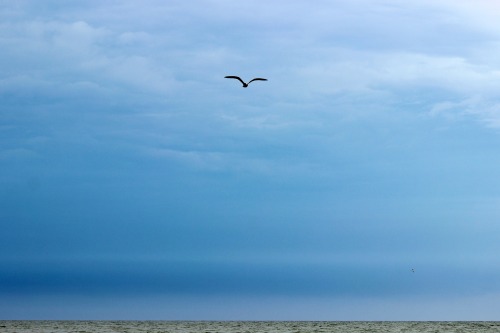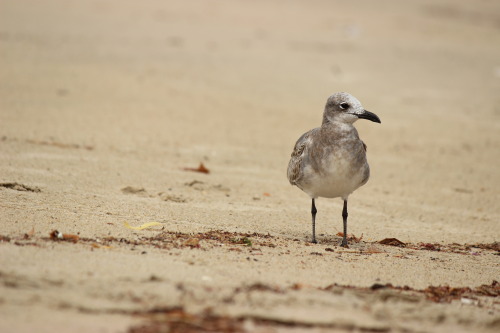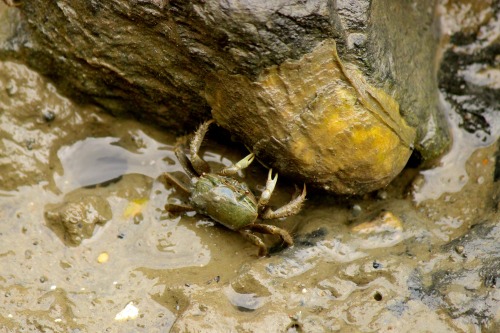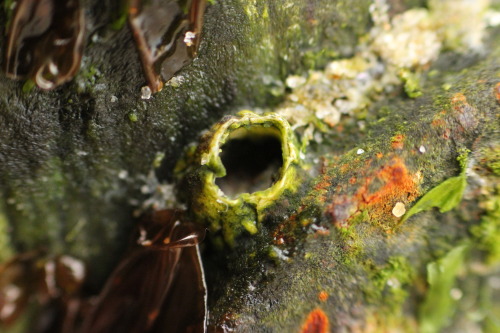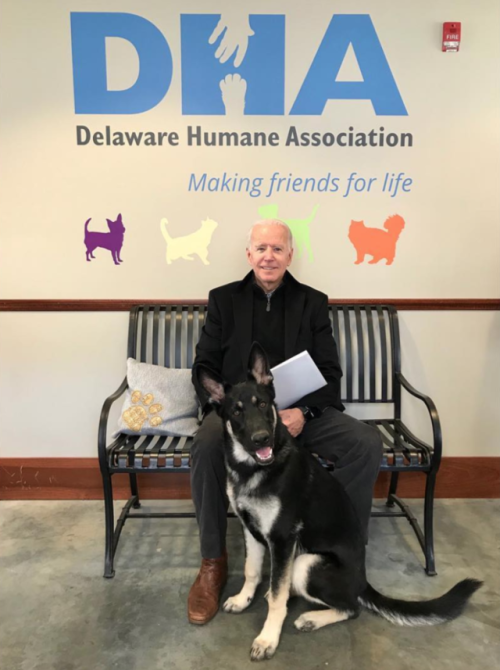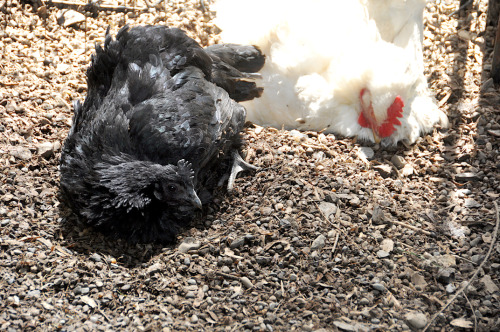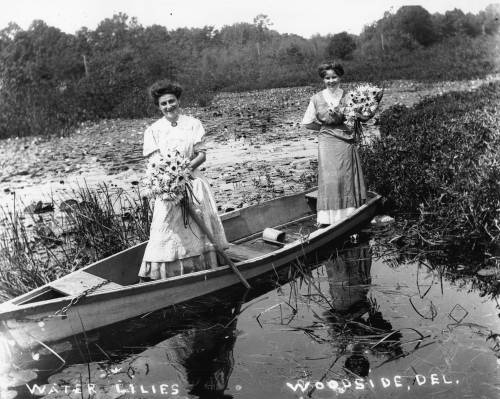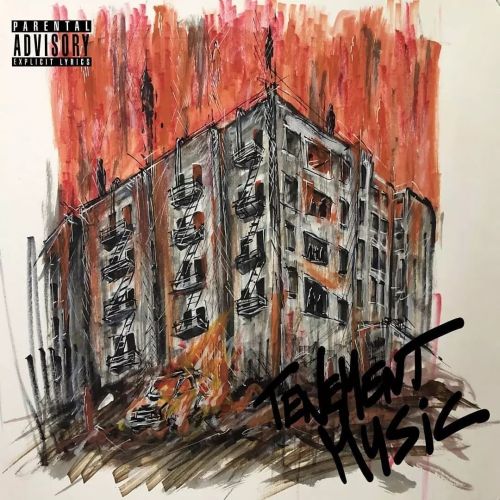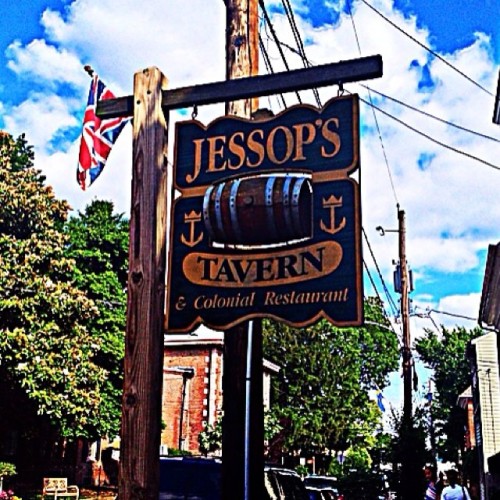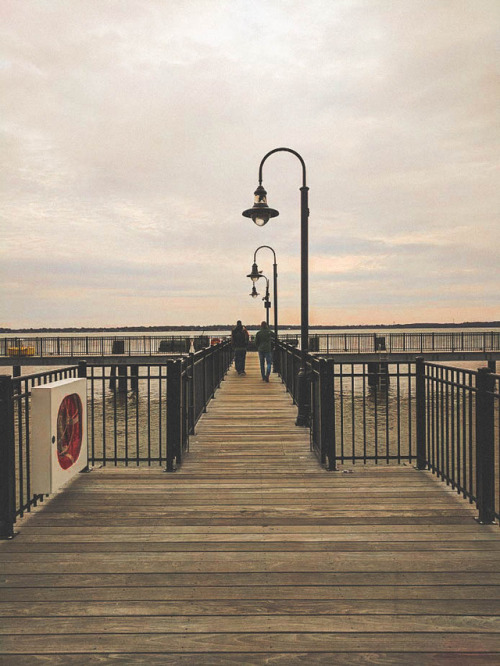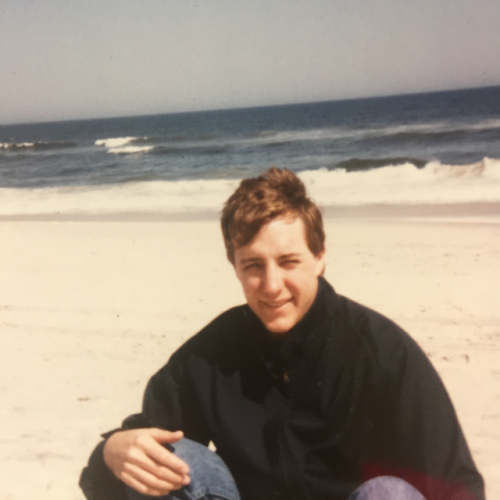#delaware
Anyone from Delaware ???
portrait of the artist trying to fucking relax
(lewes, delaware, 8 may 2022, photo by pete e.)
Post link


Hey guys I’m still active on Snapchat
Add up
STOP EVERYTHING YOU’RE DOING: Joe Biden has adopted an adorable shelter dog
- The former vice president adopted a German shepherd named Major from the Delaware Humane Association
- The animal shelter posted these sweet pics on Instagram along with the caption “Today is Major’s lucky day! Not only did Major find his forever home, but he got adopted by Vice President Joe Biden & Dr. Jill Biden! The Bidens have gotten to know Major while fostering him and are now ready to make the adoption official. Best of luck and thank you for being one of our Friends for life! ”
- Major came from a litter of puppies that someone had surrendered to the shelter who were “not doing well at all.” After the shelter posted about the pups on social media, the former vice president “caught wind of them and reached out immediately.”
- The family already has another dog:a German shepherd named Champ.
Sources: Huffington Post, Joebidensanonymous, Delaware humane association
Post link
Nevar joined Pidge for a bath.
She is challenging to shoot as she is SO BLACK. Taking photos of the Creves is easier!
Post link

Delaware, Ohio
americans what’s the state that doesn’t feel real to you. for me it’s montana. i cannot even conceptualize montana
americans what’s the state that doesn’t feel real to you. for me it’s montana. i cannot even conceptualize montana
Hello Beloved!
As the election continues to be decided and brings stress to the nation, here is some positive election news:
Ritchie Torres (NY) (he/him) became the first Afro-Latinx LGBTQ+ person to be elected to Congress.
Mondaire Jones (NY) (he/him) will also become the first LGBTQ+ person of color, alongside Torres, to be elected to Congress.
Sarah McBride (DE) (she/her) became the first openly transgender person to be a state senator.
Stephanie Byers (KS) (she/her) became the first openly transgender person to have a seat in Kansas’s state legislature and became the first Native American transgender person to be elected to any state legislature.
Mauree Turner (OK) (she/they) has become the first non-binary person elected to any state legislature. They are also the first Muslim to be elected to the Oklahoma state legislature.
Taylor Small (VT) (she/her) became the first openly transgender person to have a seat in Vermont’s state legislature.
Shevrin Jones (FL) (he/him) became the first openly LGBTQ+ person to have a seat in Florida’s state legislature.
Jabari Brisport (NY) (he/him) became the first openly LGBTQ+ person of color to have a seat in New York’s state legislature.
Kim Jackson (GA) (she/her) became the first openly LGBTQ+ person to have a seat in Georgia’s state senate and one of only 3 LGBTQ+ women of color to have a seat in any state senate.
David Ortiz (CO) (he/him) became the first openly bi person to have a seat in Colorado’s state legislature. He also became the first wheelchair user in Colorado’s state legislature.
Sharice Davids (KS) (she/her) has been re-elected. Davids is the first Native American LGBTQ+ woman to serve in Congress
No matter what happens with the presidency, change is coming, Beloved. Be hopeful and continue fighting
Tenement Music
Featuring Miskeen Haleem
#hiphop #boombap #brooklyn #delaware #Raticus #MiskeenHaleem
#bklynhouse #debo
https://www.instagram.com/p/CZmiqTlLpbH/?utm_medium=tumblr
Post link
Colonial Delaware. #tavern #travel #delaware #separationday #booze #barrel #old #vintage #local #southern4thofjuly #thesouth ? #stillupnorth a lot of #countryaccents #people #history #likes #love #igaddict #instanew #photography
Post link
americans what’s the state that doesn’t feel real to you. for me it’s montana. i cannot even conceptualize montana
Interview by Cleo Hereford ‘09
A Delaware native and member of the Nanticoke tribe, Courtney Streett ‘09 is currently the President and Executive Director of the Native Roots Farm Foundation (NRFF). NRFF is a non-profit organization “dedicated to celebrating Native American cultures, protecting open space, cultivating a public garden, and practicing sustainable agriculture.” Prior to founding NRFF, Courtney was previously an associate producer at CBS News working on both the CBS Evening Newsand60 Minutes and was also a senior news producer for the Business Insider.
I was super excited to catch up with my friend and classmate about her exciting new work with the NRFF.
Cleo: Thanks for chatting with me, Courtney! Before we talk specifically about the Native Roots Farm Foundation, you say NRFF’s story starts with your great-grandparents. Tell us a little bit about them and also your family’s Delaware roots.
Courtney: Thanks, Cleo, for inviting me to share my journey with the Wellesley Underground community!
My family has been in Delaware…since time immemorial. Through my father, I’m a member of the Nanticoke Indian Association and our family tree goes back several hundred years in lower Delaware (since European records were taken). The Nanticokes’ first contact with Europeans was in 1608 with Captain John Smith, yup, the man who kidnapped Pocahontas. The community has survived since then by assimilating into the mainstream, but many aspects of our culture were lost. That includes our relationships with food and nature – rather than seasonally moving between fishing, hunting/foraging, and growing regionally adapted crops, the Nanticoke had to adjust to the European practices of private land ownership and farming in one place year round.
At the turn of the 20th century, my Nanticoke great-grandparents bought a farm. It was unusual for people of color to own property at that time, but they cultivated the land and sold produce like strawberries, raspberries, peas, and tomatoes to passersby at the beach. Through hard work, dedication, and tenacity that property passed down through generations of my family and is now owned by my father’s cousins. I grew up visiting the farm and it’s provided a connection to both the natural world and to my ancestors.
Cleo: Native American communities, like all minoritized communities, are not monolithic. What would you like WU readers to know about the Nanticoke, the tribe that your great-grandparents were members of?
Courtney: We can thank Hollywood for creating the stereotype that all Native American communities live on reservations, have long straight hair, have tepees, and operate casinos.
Indigenous communities have been largely erased from American history – today Pennsylvania doesn’t even recognize any tribal communities. But we know the Lenape, Susquehanna, and Iroquois were some of the area’s first inhabitants.
We are still here! The Nanticoke have a Powwow every September that’s open to the public. Mark your calendar: September 10 and 11, 2022! It’s a celebration of our culture and community and an affirmation of our roots in Delaware.

Cleo: Let’s talk about NRFF. You previously worked as a producer for CBS News and the Business Insider. What made you take the leap into establishing a non-profit organization? Why focus on a public garden and farm?
Courtney: I was living in Brooklyn and working my dream job; and then my dream changed.
After Powwow in 2018, I saw that the farm my great-grandparents had nurtured was for sale. I knew this cultural and agricultural history couldn’t be lost – and I also knew that my partner and I couldn’t afford to buy 100 acres, 10 minutes from the beach.
I had nightmares about the farm disappearing. Because in this area, the crops have been replaced by condos. Lower Delaware has been one of the fastest developing regions of the country. After months of conversations and research, we realized our limitations as individuals, but that as a collective, we could make a difference. So, we created Native Roots Farm Foundation (NRFF).
Why plants? When creating NRFF, we wanted to celebrate Indigenous communities, the farm’s agricultural history, and also native plants. So, NRFF has a few different components to its mission. We’re working to celebrate local Indigneous communities by protecting open space, creating a public garden with native plants and highlighting what they’re called by the Nanticoke and Lenape, and cultivating a farm that feeds the community using Indigenous agricultural techniques.
I also love plants and getting my hands in the soil – I did research in the Wellesley’s Greenhouses my junior year and presented at the Ruhlman Conference. I didn’t know how that would manifest in my life, but it was a building block for NRFF. Sibs, while on campus (as students or alums) check out the new greenhouse, explore the edible ecosystem, and walk one of the many beautiful trails! You never know how it’ll change your life!
Cleo: Building an organization in the best of times is not easy. How has it been attempting to establish and grow NRFF during the ongoing (never ending) pandemic?
Courtney: Hahaha what an interesting question. We launched NRFF in January 2020…and the rest is history. Lockdown meant we had the time to sit on the computer, file paperwork, and really build a strong foundation for NRFF.
It also meant that events we had planned couldn’t happen. So, we pivoted and started building an online community which has continued to grow and flourish during this never ending pandemic. Every week, we post on social media about native plants, food systems, and Indigenous communities.
(Shameless plug—follow us on InstagramandFacebook!)
Cleo: In addition to protecting land at risk of development, how does climate change factor into your goals for establishing NRFF?
Courtney: Right now, the buzz words in food production are “regenerative agriculture”. Regenerative agriculture is *Indigenous Agriculture*. But, of course, the Indigenous roots of this land stewardship practice are rarely recognized. Instead, regenerative agriculture is celebrated as a brand new way to farm.
Why are we hearing about this now? Most food is grown using industrial agricultural practices that have been linked to pollution, soil erosion, intensive water use, reduced biodiversity, chronic illness, and greenhouse gas emissions which are causing climate change.
Regenerative agriculture differs because it’s a holistic approach to land management. It recognizes the interconnectedness of soil, plants, water, animals, and people without centering humans. In practice, regenerative agriculture focuses on nurturing soil health, because that determines the health of both people and the planet.
Most importantly, regenerative agriculture is about community and equity – principles and approaches NRFF celebrates. Let’s get back to the roots and work with nature to address climate change.
Cleo: In addition to posting about sustainable farming and plant life, you have also posted about rejecting blood quantum and have highlighted those with both Black and Native ancestry on the Native Roots IG page. As someone who is both Black and Native, why has it been important for you to post about those topics?
Courtney: My mother’s parents were from the Caribbean and I always saw my two cultures, Indigenous and Caribbean, as being separate. With mom you eat flying fish and callaloo. With dad you eat fry bread and succotash.
But then I heard a song that stopped me. It was “Ba Na Na” a blend of Caribbean beats and Native drumming (by the Indiegnous group The Halluci Nation). The lyrics are: “…Carnival season, this life for the books/I jump and I wave and I wine and I juke…” Just like this song mixes genres, I can and other people can, too. It’s time for all of us to embrace our full cultures and identities.
Cleo: What are your long and short-term plans for NRFF? Where do you see the organization in 5 years?
Courtney: In five years, I see NRFF welcoming the Wellesley family to its fully operational public garden and sustainable farm!
More immediately, we have our first big event of 2022 next weekend and I’m looking forward to continuing to build community, making Tehim Juice which has become an NRFF staple (Tehim is Nanticoke for strawberry), and meeting new people! We’re also hoping to have an intern this summer and just submitted a Hive Internship Project.
Cleo: Finally, how can your Wellesley sibs and WU readers support you and your organization?
We’re still a new organization, in the startup phase, and I’m so grateful for the support of the Wellesley family!
You can help uplift NRFF’s message by following us on social media, sharing the organization with your community, grabbing our signature shirt that says “This shirt saves farms”, or making a donation.
But don’t stop with NRFF, get to know your native plants! Plant them in your yard, window box, or planter. Learn what they’re called in the Indigenous language where you live. And foster a love for your local ecology.
____
For more information on NRFF or to support the organization: https://www.nativerootsde.org
You can also follow NRFF on Instagram@nativeroots_de
Delaware becomes the first state to ratify the U.S. Constitution, inspiring the state slogan, “It’s Good Being First.” The ratification is later seen as a desperate bid to replace their original slogan, “It’s Not the Size of the Ship, but Rather the Motion of the Ocean.”


